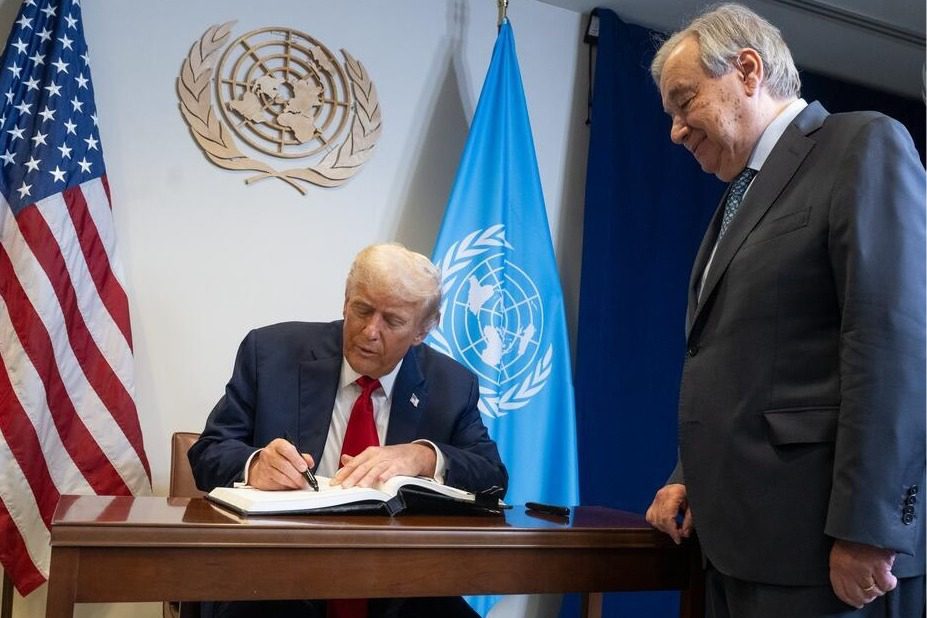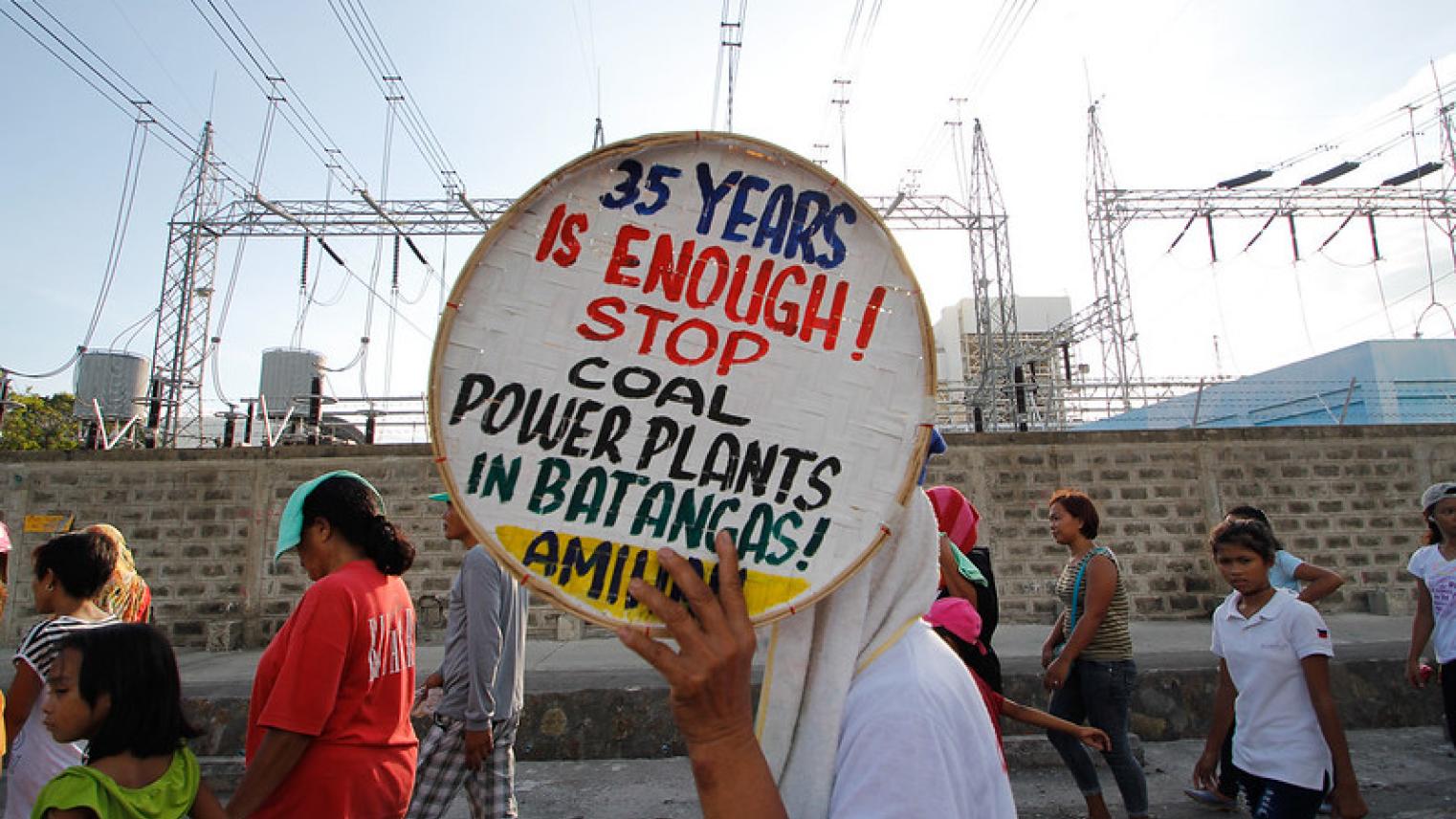Key Impact Points
- Landmark Decision: ITLOS expands the definition of marine pollution to include greenhouse gases.
- Legal Obligations: Nations must now legally prevent, reduce, and control marine pollution from greenhouse gases.
- Victory for SIDS: Small Island Developing States (SIDS) secure a crucial win in their fight against climate change impacts.
- Global Implications: This ruling could reshape international climate policy and enforcement.
On Tuesday, the International Tribunal for the Law of the Sea (ITLOS) expanded the definition of marine pollution under the United Nations Convention on the Law of the Sea (UNCLOS) to include greenhouse gases. The decision, made by 21 judges, acknowledges that greenhouse emissions are harmful to both marine and human life, obligating nations to control these emissions, which are largely absorbed by the ocean.
Prime ministers Gaston Browne of Antigua and Barbuda and Kausea Natano of Tuvalu, co-chairs of the Commission of Small Island States on Climate Change and International Law (COSIS), championed this cause. This decision marks a significant victory for SIDS, which are disproportionately affected by climate change phenomena such as rising sea levels and ocean acidification.
COSIS, which now includes nine member states, sought clarity on the responsibilities of states regarding ocean warming, sea level rise, and ocean acidification caused by anthropogenic greenhouse gas emissions. Approximately 31 State parties to the Convention supported their request for an advisory opinion from ITLOS, and many national leaders backed the move.
Quotes
- Gaston Browne, Prime Minister of Antigua and Barbuda: “We have talked ourselves hoarse since the 1990s… It cannot be expected that our people remain silent as their homes are irretrievably destroyed.”
- Kausea Natano, Prime Minister of Tuvalu: “Just a few years. That’s all we have before the ocean consumes everything my people built across centuries… We must unite and join forces to defend our very survival and existence, remaining silent is not an option.”
Background on Greenhouse Gas Emissions
Greenhouse gases trap heat in the Earth’s atmosphere, leading to higher global temperatures. The oceans absorb much of this heat, causing marine ecosystem disruptions such as coral bleaching and loss of breeding grounds for marine life. This also exacerbates food security issues, increases disease prevalence, and results in extreme weather events, particularly affecting coastal and island nations that lack the resources to mitigate these impacts.
Tribunal’s Considerations
The ITLOS ruling, while advisory and not binding, concludes that greenhouse gas emissions fall under UNCLOS’s definition of “pollution of the marine environment.” The tribunal emphasized the need for states to take all necessary measures, based on the best available science and international climate agreements, to prevent, reduce, and control marine pollution from such emissions. States must also ensure that emissions do not harm other states or extend beyond their jurisdiction.
Change the World - Subscribe Now
Additional Insights
ITLOS Overview:
- The International Tribunal for the Law of the Sea (ITLOS) is an independent judicial body established to resolve disputes and provide advisory opinions related to maritime law under UNCLOS.
New Legal Framework:
- The tribunal’s ruling expands the legal definition of marine pollution to encompass greenhouse gas emissions, creating new obligations for states to address these emissions as part of their environmental responsibilities.
Significance of the Ruling:
- This decision is a breakthrough for international environmental law, establishing a precedent that could lead to stronger climate action and more robust environmental protections on a global scale.
Benefits for SIDS:
- Small Island Developing States (SIDS) stand to gain significant support in their fight against climate change. This ruling strengthens their position to demand international assistance and action, helping to mitigate the severe impacts they face.
Future Implications:
- Going forward, this ruling could influence international climate policies and encourage nations to adopt more stringent measures to reduce greenhouse gas emissions, ultimately contributing to the global effort to combat climate change and protect marine environments.

 Follow SDG News on LinkedIn
Follow SDG News on LinkedIn











